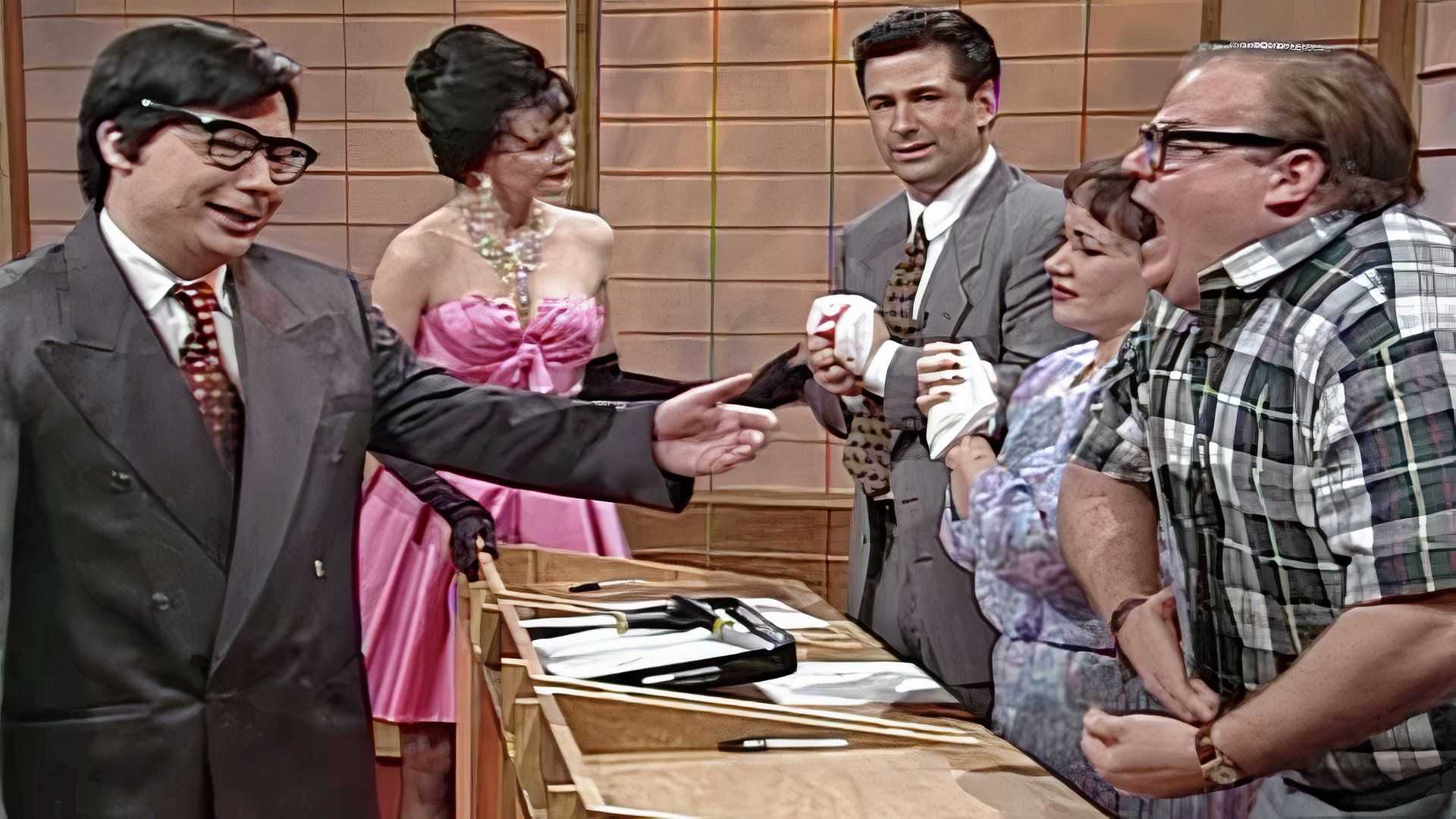Entertainment
SNL’s Oasis Sketch Sparks Debate on Cultural Differences in Humor

“Saturday Night Live” (SNL) has recently come under fire from British audiences following a sketch that aired during the “Weekend Update” segment. The skit featured James Austin Johnson and Sarah Sherman in the roles of the feuding Oasis brothers, Noel and Liam Gallagher, known for their Manchester origins and musical fame.
The sketch quickly drew criticism from viewers in the United Kingdom, who took to online platforms to express their discontent. The backlash centered around two primary issues: the accents used by the performers and the nature of the comedy itself.
Accents have significant cultural importance in the UK, often reflecting nuanced societal distinctions of class and region. Oasis, being famously Mancunian, were portrayed with accents believed by many to be akin to those from London, sparking further dissatisfaction among British viewers. This misrepresentation is not an uncommon occurrence, as highlighted by past instances of American actors struggling with British accents in various films and television shows.
However, the central grievance appears to extend beyond mere accent inaccuracy, focusing instead on the comedic tone of the sketch. The humour, labeled as “cringe-inducing” and “confusing” by critics, failed to hit the mark with many British audiences. Even Liam Gallagher reportedly shares this sentiment regarding the portrayal.
The response underscores a broader conversation about the contrast between humor appreciated by American and British societies. Stephen Fry, in his analysis, attributes this to an inherent optimism in American comedy, which is perceived as lacking in British comedic forms such as topical panel shows like “Have I Got News for You” (HIGNFY), known for their acerbic edge.
The internet’s role in transforming cultural exchange cannot be ignored. Platforms such as Netflix, YouTube, and Instagram have globalized content consumption, making shows accessible to international audiences in real time. This evolution has fostered a shared culture for memes and humor, yet, as the reactions to the SNL sketch illustrate, stark differences remain in comedic tastes.
“Saturday Night Live,” with its optimistic and spontaneous format, contrasts with British television’s approach to satirical commentary and may explain the different reception of its content. While internet culture continues to bridge many cultural divides, national identities and tastes in humor still maintain distinct boundaries, as evidenced by the divided opinions over the SNL Oasis sketch.












